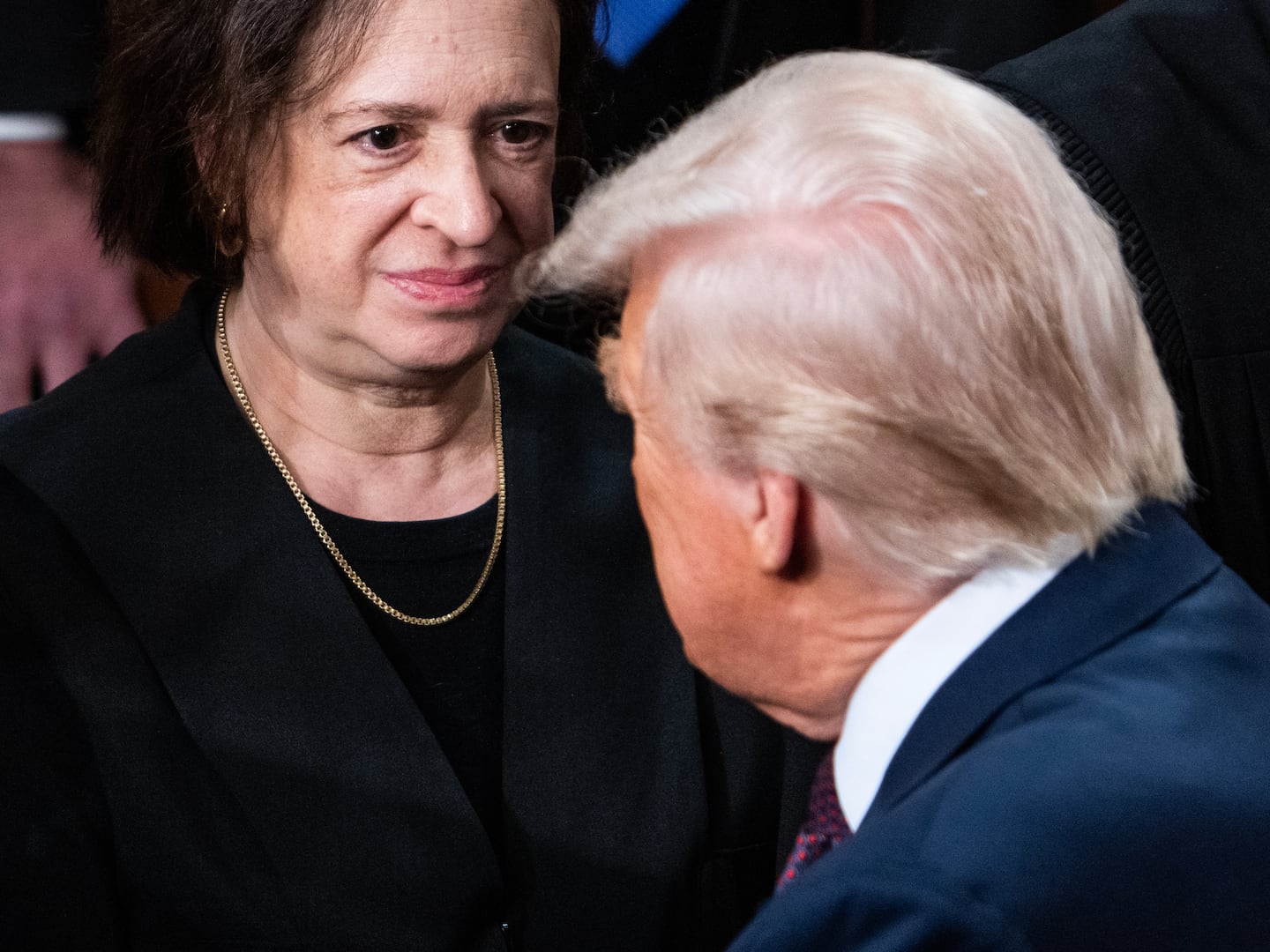Defense attorneys for accused Manhattan bomber Ahmad Rahimi have asked prosecutors to consider his “mental and physical health” as part of negotiations for a plea agreement.
In recent filings in federal court, defense attorneys cited Rahimi’s condition from being shot 11 times in September 2016, and his brain injuries, limited longevity, “and/or post-traumatic stress disorder.”
These first revelations about Rahimi's plea negotiations come after prosecutors asked Judge Richard Berman to rule on Rahimi's competency as the case proceeds towards trial. The judge denied the motion from prosecutors on Monday, after Rahimi’s lawyers derided that move as an inappropriate judicial involvement in plea negotiations.
Defense attorneys said in their filings they never suggested that they were headed toward a competency examination for Rahimi, and merely asked the government to consider those factors in private plea discussions. The prosecution’s motion “runs afoul of [a] prohibition on judicial involvement in plea discussions,” the defenders wrote.
The government filed the sealed motion on April 24 asking for Berman to intervene, days after defense attorneys clarified that they were not challenging Rahimi’s competency. Defense attorneys submitted emails showing the context of the exchange was about plea negotiations, and that they “don’t expect” to challenge his competency for trial at this time.
This exchange is a first glance at plea negotiations for Rahimi, in a case marked by a contentious relationship between prosecutors and his defense attorneys. In notable disagreements, prosecutors pushed for an early trial date for Rahimi, barely a year after the alleged crimes, while defense attorneys requested a change of venue because of the notoriety of the case in New York City.
Judge Berman denied the defense's motion to move the trial to Vermont or Washington, D.C. on Monday, saying that New York's Southern District has a vast and diverse pool of potential jurors to choose from, leaving little doubt in his mind that they'd be able to find 18 individuals willing to give Rahimi a fair shot. (A New Jersey state court recently denied a similar motion on attempted murder of a police officer charges that Rahimi faces there.)
Defense attorney Meghan Gilligan argued that prosecutors had gone "beyond just mere factual information" in discussing the Rahimi case with the press, resulting in the "demonization of Mr. Rahimi." They submitted a report by a psychology professor that said a survey of potential jurors found that 90 percent recognized the case, and more than 60 percent admitted to a negative view of the defendant.
"There is a long history in this district of conducting fair trials in terrorism matters," responded assistant U.S. attorney Emil Bove III. Prosecutors argued that media coverage of the September 2016 bombings had declined after the intitial wave, and defended former U.S. attorney Preet Bharara's comments that Rahimi attacked "the American way of life."
In his ruling, Berman cited a slew of other cases, including terrorism and mob charges, that were prosecuted in the Souther District, which covers Manhattan and the Bronx, as well as other counties. "The court has little or no doubt that a fair and impartial jury can be impaneled in this case, and that the defendant Rahimi will get a fair trial," he said.
Prosecutor Andrew DeFilippis and Sabrina Shroff, one of Rahimi's federal defenders, faced off in another terrorism trial in the Southern District earlier this year. The defendant, Ahmed El-Gammal, was found guilty of helping a New York man travel to Syria to join ISIS. During jury selection, several jurors were dismissed for anti-Muslim prejudice. "Sorry, ISIS in a U.S. court? You're gonna have a problem," one said loudly as potential jurors were being called.






